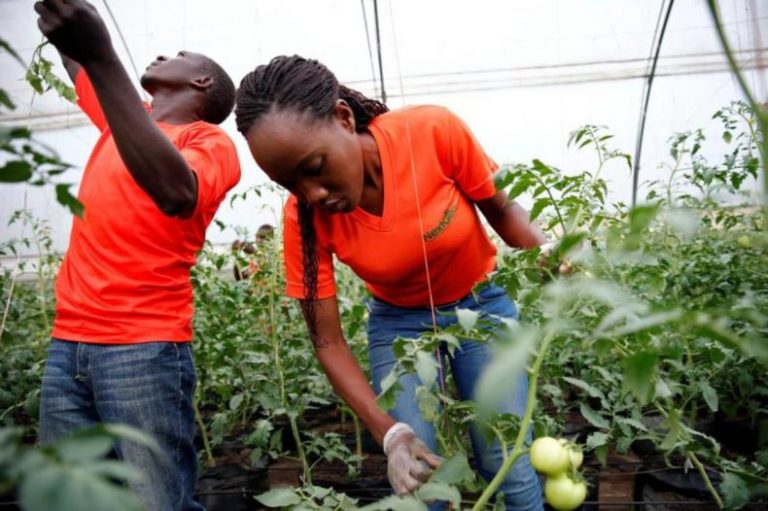 The Nigerian Economic Summit Group (NESG) made known in its Macroeconomic Outlook Update released on Monday that the economy required stimulus in the region of N10.1 trillion to lighten the effect of the pandemic.
The Nigerian Economic Summit Group (NESG) made known in its Macroeconomic Outlook Update released on Monday that the economy required stimulus in the region of N10.1 trillion to lighten the effect of the pandemic.
As the coronavirus pandemic worsens, the country is currently facing the possibility of having its debt status aggravated by her plan to borrow more as an alternative to diminishing revenue.
Government seeks to borrow more than N4.43 trillion mostly from multilateral lenders as fiscal authorities battle constraints posed by plunging oil receipts and the economic implications of the outbreak on the purse of Africa’s largest economy.
“Nigeria’s total public debt, which stood at N27.4tn as of December 2019, is expected to increase to over N30tn in 2020. Debt servicing as a share of revenue will also increase significantly,” NESG said.
“Unfortunately, Nigeria is faced with the dual problem of declining revenue and the absence of adequate savings either in the form of external reserves or fiscal buffers to finance such a huge gap.
“This leaves policymakers with the option to borrow domestically or from multilateral agencies and embark on quantitative easing,” it added.
The NESG highlighted the possibility of government raising fund through domestic medium to long term bonds, further saying that fixed income securities might be particularly attractive to investors seeking safety for their investment in the current economic condition.
However, it stated that domestic debt could spike bigger interest payment, which might have unfavorable impact on the private sector.
“Nigeria may have to follow the International Monetary Fund and other multilateral institutions’ conditionalities and reforms with their unpalatable implications on the socio-economic stability, especially at this period.
“Drawing from previous experiences, contraction in the oil sector often drags overall economic growth. In several instances, the contraction in the oil sector had resulted in overall economic recession in the early 1980s, 1990s and in 2016.”












